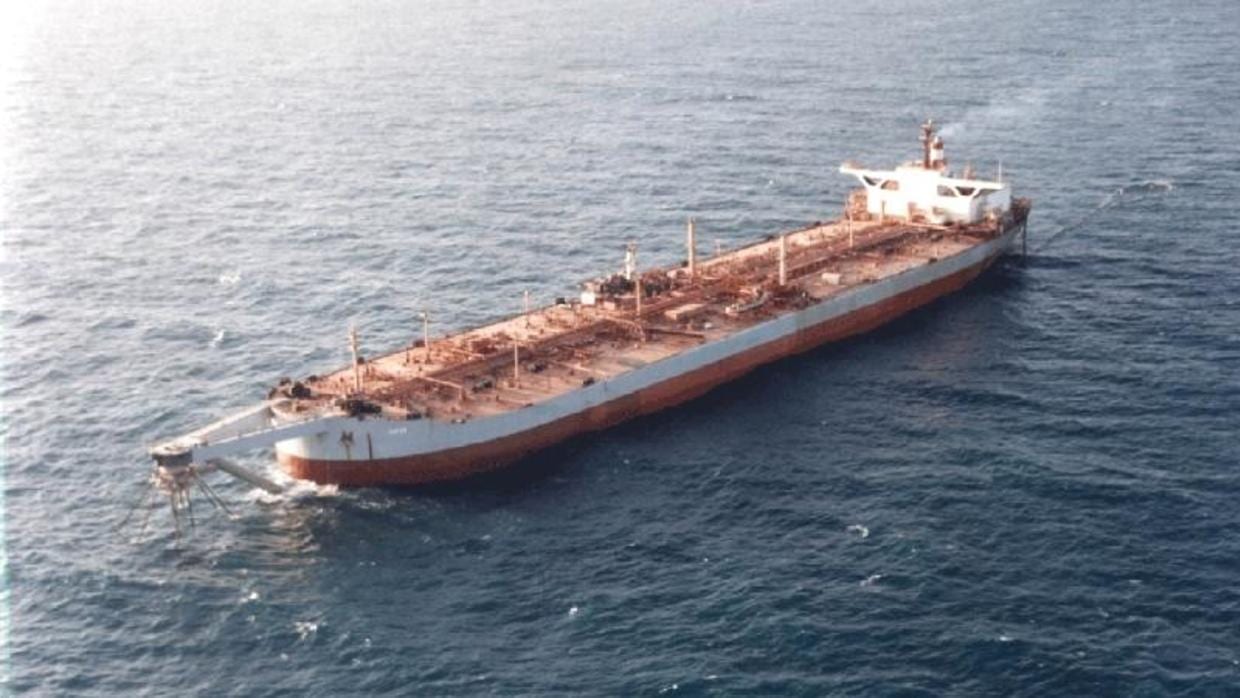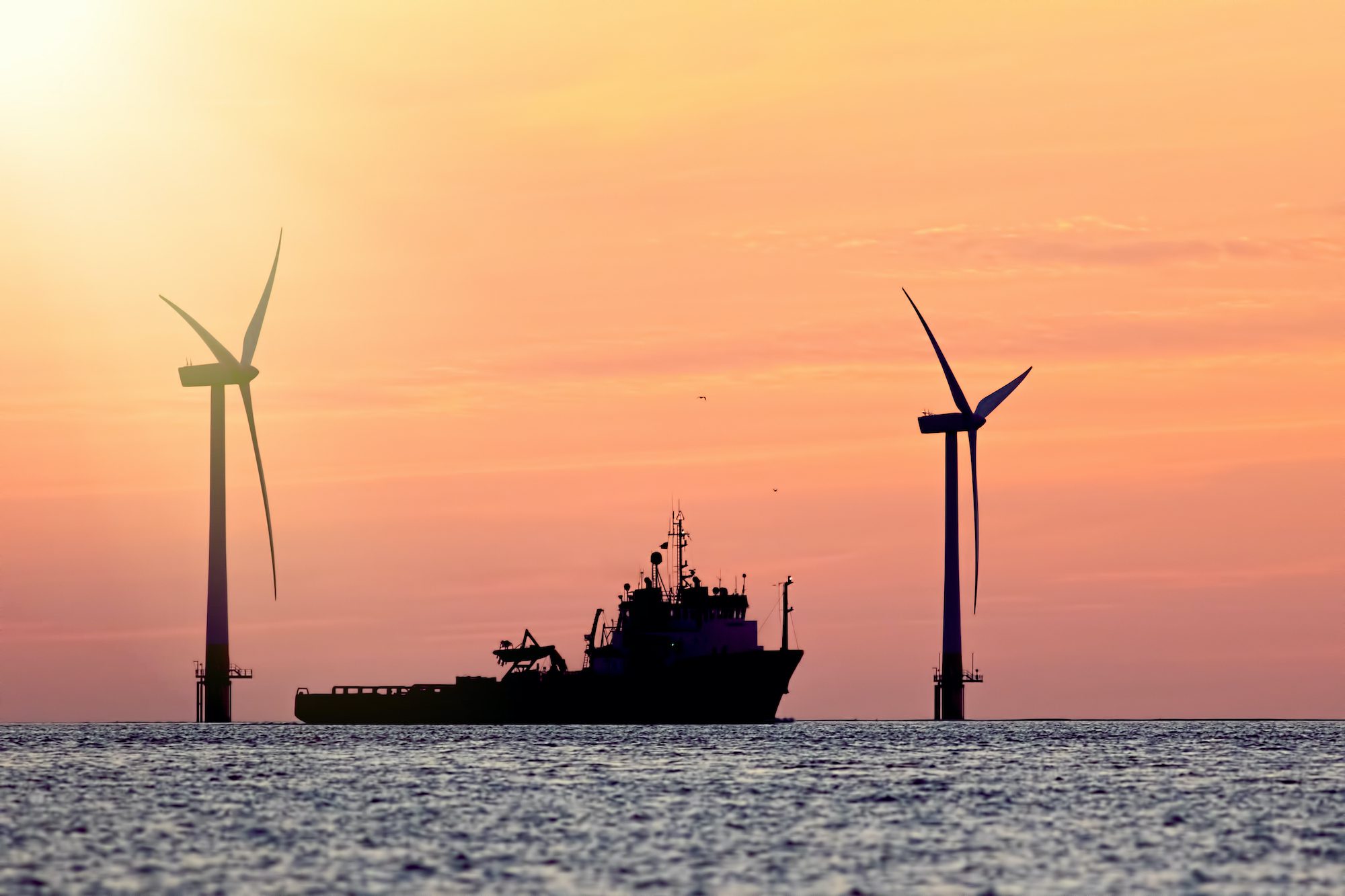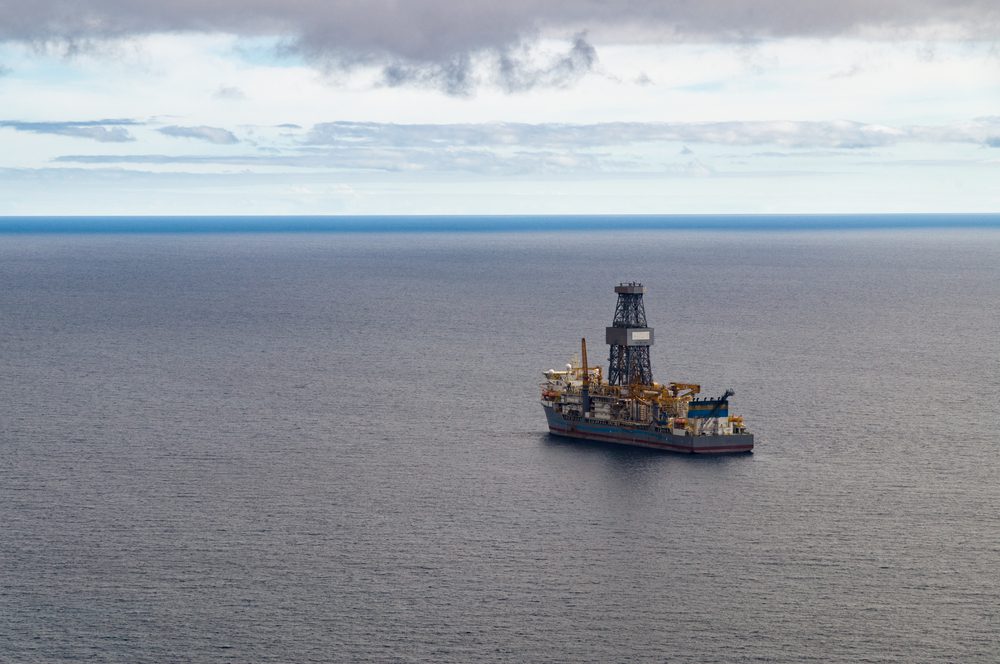FILE PHOTO shows the FSO Safer supertanker permanently anchored off Yemen’s Red Sea coast, west of Hodeida. (Handout)
By Aziz El Yaakoubi DUBAI, Oct 14 (Reuters) – A United Nations team will have to wait several weeks to access a deteriorating tanker off Yemen’s shore that is threatening to spill 1.1 million barrels of crude oil in the Red Sea, two U.N. sources told Reuters.
The United Nations has warned that the Safer, stranded since 2015, could spill four times as much oil as the 1989 Exxon Valdez disaster near Alaska, but access to the vessel has been complicated by the war in Yemen.
Yemen’s Houthi movement, which controls the area where the tanker is moored and the national oil firm that owns it, agreed in July to allow a technical team to assess the ship and conduct whatever repairs may be feasible.
But the two sources said that it could take another seven weeks to finalize details of the agreement and logistics, with the coronavirus pandemic further complicating planning.
The deal includes the eventual sale of the oil on board with proceeds divided between Houthi authorities and Yemen’s internationally recognized government, which the movement ousted from the capital, Sanaa, in late 2014.
Some diplomats say there are still doubts about the mission as Houthi officials had last year reneged on granting access.
The Safer, built in 1974, is moored off the Ras Issa oil terminal, 60 km (40 miles) north of the port of Hodeidah.
The area is held by the Houthis, but the high seas are controlled by a Saudi-led coalition that intervened in Yemen in 2015 against the movement and has prevented it from selling oil.
U.N. and Houthi officials say water has entered the Safer’s engine room at least twice since 2015. The latest leak in May was plugged by Safer Corp divers and Houthi naval units.
While the Houthis can fix small leaks it remains unclear how long such repairs can hold, U.N. officials and experts said.
Last month, Riyadh warned that an “oil spot” was seen in a shipping transit area 31 miles (50 km) west of the tanker.
The United Nations says a major rupture could severely harm Red Sea ecosystems and shut Hodeidah port, Yemen’s main entry point for imports and aid.
(Reporting by Aziz El Yaakoubi; Editing by Ghaida Ghantous and Giles Elgood)
(c) Copyright Thomson Reuters 2020.

 Join The Club
Join The Club











